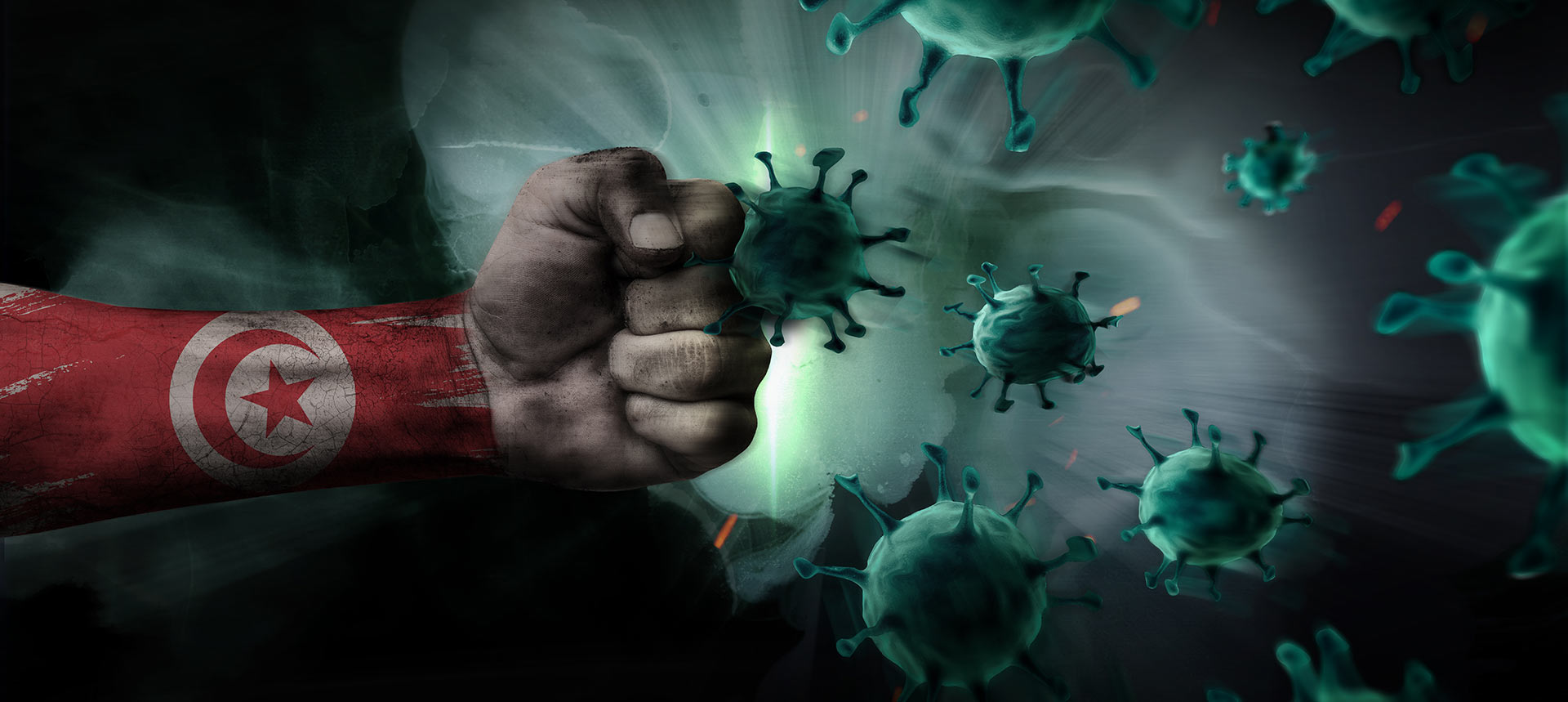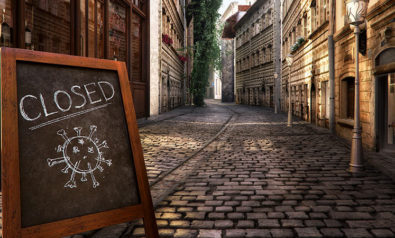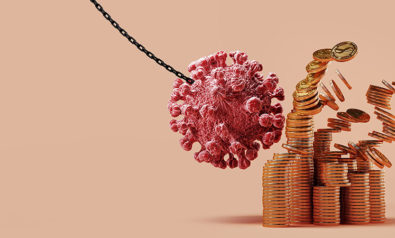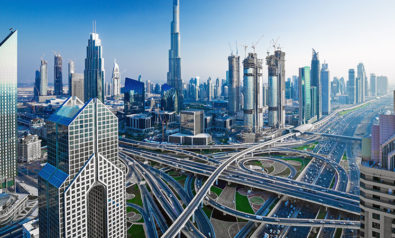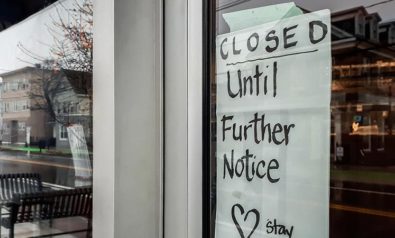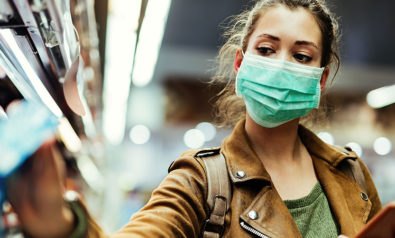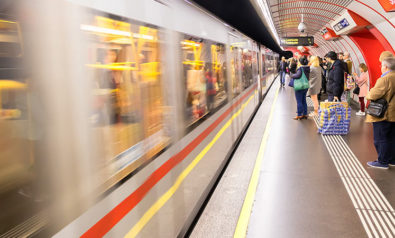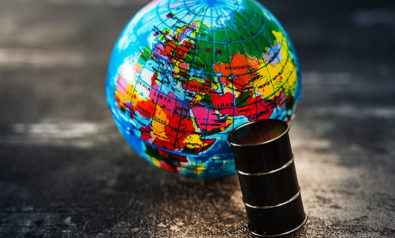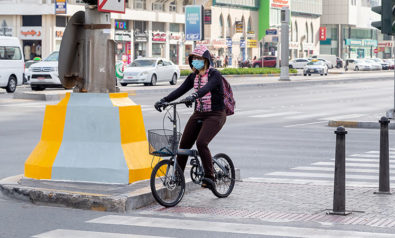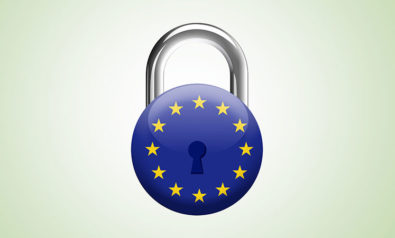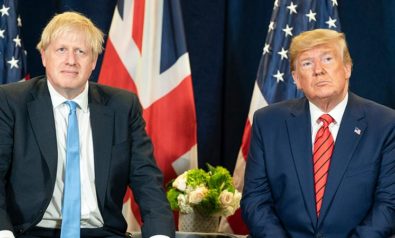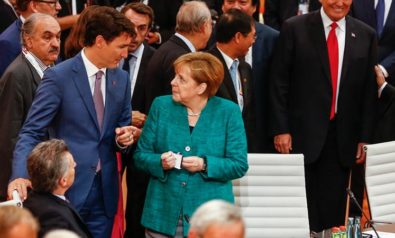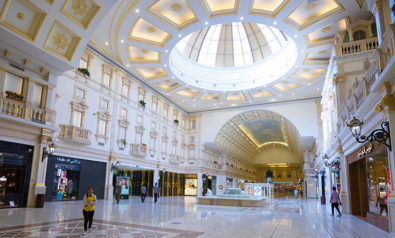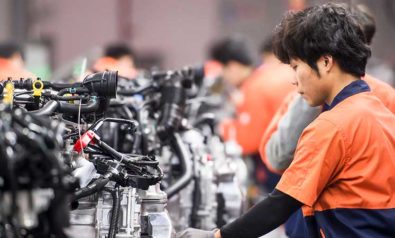The novel coronavirus that causes COVID-19 spread to North Africa more than two months ago. Since then, there has been speculation among observers that the effects on society, the economy and political life may be changed in both the short term with people’s habits and the long term as governments take measures to contain the virus.
Algeria
In an interesting analogy to how a person’s health status may determine their ability to resist the coronavirus, Sarah Feuer writes: “For Algeria and its 43 million inhabitants, a weak medical infrastructure, a year-long political crisis, and a stalled reorientation of an economy that has been overly dependent on hydrocarbons for decades have all made the North African country particularly vulnerable to repercussions from the virus.”
How the Middle East Reacts to the Coronavirus Pandemic
Feuer, an associate fellow at the Washington Institute for Near East Policy, is not alone in this assessment as the government has been perhaps the slowest to put in place the necessary tools to detect and combat COVID-19. She points out that the “2019 Global Health Security Index, which measures various health-sector capacities in countries around the world—including preparedness to manage pandemics—ranked Algeria 173rd out of 195 countries and 17th out of 21 Arab states (surpassing only Djibouti, Syria, Yemen, and Somalia).” This is clearly not a healthy picture.
Algeria’s ally and largest trade partner, China, is doing its part, sending medical supplies, equipment and professionals, along with the construction of a hospital to treat patients. One of the most notable effects of the COVID-19 pandemic has been the cessation of its biweekly demonstrations by the Hirak, a movement that is opposed to the current government. Now, off the streets, protesters have moved online, raising money for food and medical supplies to hard-hit areas and pointing out the government’s shortcomings in addressing the crisis. This has not slowed down the government’s push against its opponents as journalists, activists and opposition figures continue to be arrested.
With the plunge in demand for gas and oil worldwide, Algeria is especially vulnerable to economic shocks that disrupt its ability to provide subsidies and services. Announced national budget cuts of 30% may only delay the inevitable drain on foreign reserves, forcing the government to seek external assistance, which may prove quite onerous if it upsets existing arrangements between big business, military and government officials.
Morocco
In Morocco, King Mohammed VI has received near-unanimous approval for his leadership, yet there are concerns that continued restrictions on the country’s media and activists portend challenges that may signal a more restrictive regime after the pandemic is over. As an energy importer, Morocco has benefited from low energy prices, but remittances, tourism, transportation and hospitality services are all suffering as a result of global restrictions and weaknesses in supply chains. The Moroccan economy can hardly afford to suffer a prolonged shutdown, and many small businesses have already disappeared. The government has few resources to sustain small and medium-sized enterprises (SMEs) and larger companies, and its social and health services networks are strained.
Moroccans have taken up the challenges of social distancing and lack of contact fairly well for the moment and, in some ways, the Islamic month of Ramadan has helped. However, closing mosques and the inconsistent availability of food items and medicines are generating dissent. With more testing being carried out and greater outreach into the rural areas, the number of cases may well increase beyond the capacity of the public health system. With the nationwide lockdown extended until May 20, right before the Eid al-Fitr holiday, the government is hoping that its early interventions, along with increased testing and treatment protocols, will absorb most of the new cases and take Morocco through any spikes in infections.
As with other countries in the region, the government has released thousands of prisoners from jail to reduce the threat of spreading the virus in confined facilities. Yet since March 20, authorities have arrested thousands of individuals for violating the state of emergency or for spreading false information. Most of these have resulted in fines rather than incarceration.
Morocco, along with the rest of the world, faces a great deal of economic uncertainty. Official figures show that 700,000 workers lost their jobs and some 113,000 businesses closed from March 20 to April 1. This has severely depleted the state’s safety net, despite funds from international donors to support SMEs in this difficult transition. Questions are being asked not only about Morocco’s recovery, but its supply chain and customer links — largely in Europe — which are also under duress with no bright prospects on the horizon.
Tunisia
Like neighboring Morocco, Tunisia mobilized its rich human resources to help in the fight against the coronavirus. Engineering and health students and technology innovators are working on a variety of equipment and IT programs to boost the country’s anti-virus capacity. For example, as in Morocco, Tunisians now have locally manufactured ventilators, personal protective equipment (PPE) and other critical resources for protection and treatment. The Pasteur Institute in Tunis has already decoded the local strain of COVID-19, which is critical to developing a vaccine, and technicians are pushing ahead with applying artificial intelligence to the identification of early signs of the virus through X-rays.
While the number of confirmed infections is currently low in Tunisia, reporting is now coming in on the rural and interior areas where the infrastructure and professional staff are limited. The biggest hit, however, is to the economy as tourism, remittances, hospitality, transportation and services are suffering from lockdowns in Europe and restricted movement across borders. This has forced the Tunisian government, which has been in deficit spending and slow growth for the last five years, to adopt a support package for the poor, SMEs and various sectors of the economy.
The economic stimulus includes some 450 million dinars ($155 million) in aid to poor families or those who have lost their jobs due to the coronavirus outbreak. In addition to a postponement on taxes on SMEs, repayments on low-income employee loans are being delayed as well. The International Monetary Fund is providing a $745 million loan, the European Union has pledged a grant of $273 million, Italy a $55 million grant and a loan of $280 million from the Islamic Development Bank.
Politics Not as Usual
How these countries emerge from the COVID-19 pandemic will shape their economic, social and political futures, with little assurances that the social contracts — which have been strained in the past decade — will survive without key alterations. As Intissar Fakir argues in an article on Carnegie Middle East, “As the aftereffects of the Covid-19 pandemic become clearer, they are likely to bring to the fore the policy failures that made the North African nations so fragile and susceptible to the virus in the first place. Economic mismanagement and underinvestment in infrastructure and human development have resulted in systems characterized by inequality and social precariousness. The governments of the three countries might be able to reinvent themselves in the short term, but beyond that the consequences of their errors are potentially destabilizing.”
While Morocco may seem to be the most stable based on its more diverse economic foundations and the leadership of the king, it has a weak political system, large wealth disparities, too many unfulfilled pledges from the government and a large youth population in need of jobs. These conditions are true in Tunisia as well, except that it lacks a unifying national authority and suffers from a continued dysfunctional political system and a faltering economy. Algeria, the most repressive regime, will certainly have to face off with the Hirak once the number of new infections has gone down and demonstrators return to the streets. Their demands, like the others, for an open, effective, transparent government and significant efforts to create jobs and diversify the economy may be beyond the scope of the traditional political leadership.
What lies ahead for Algeria, Morocco and Tunisia will very much be determined by the level of trust governments are able to build with their constituents based on how they combat the coronavirus, protect the needy, develop more comprehensive health sectors and work transparently to promote economic recovery. This is a global phenomenon but especially critical in countries struggling to survive.
*[Updated: May 1, 2020.]
The views expressed in this article are the author’s own and do not necessarily reflect Fair Observer’s editorial policy.
Support Fair Observer
We rely on your support for our independence, diversity and quality.
For more than 10 years, Fair Observer has been free, fair and independent. No billionaire owns us, no advertisers control us. We are a reader-supported nonprofit. Unlike many other publications, we keep our content free for readers regardless of where they live or whether they can afford to pay. We have no paywalls and no ads.
In the post-truth era of fake news, echo chambers and filter bubbles, we publish a plurality of perspectives from around the world. Anyone can publish with us, but everyone goes through a rigorous editorial process. So, you get fact-checked, well-reasoned content instead of noise.
We publish 2,500+ voices from 90+ countries. We also conduct education and training programs
on subjects ranging from digital media and journalism to writing and critical thinking. This
doesn’t come cheap. Servers, editors, trainers and web developers cost
money.
Please consider supporting us on a regular basis as a recurring donor or a
sustaining member.
Will you support FO’s journalism?
We rely on your support for our independence, diversity and quality.


